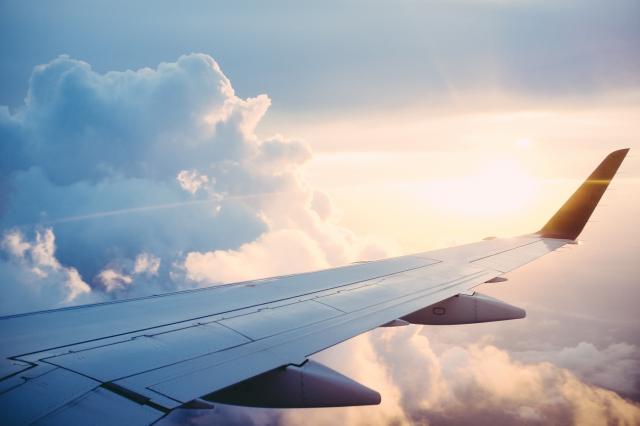Victorians planning overseas travel this winter are being urged to ensure their routine and travel vaccinations are up to date.
The call comes amid an increasing number of returned travellers to Victoria presenting with vaccine-preventable travel-related illnesses, such as measles and mpox.
Ten measles cases have been reported in Victoria this year, five of which were from returned overseas travellers, with a further five linked to those cases.
Meanwhile, there has been a local outbreak of mpox with cases reported in Victoria this year which were acquired from overseas travel.
Victorian chief health officer Dr Clare Looker said anyone planning travel overseas should seek advice from their doctor before booking the trip.
“It’s best to see your doctor six to eight weeks before you travel to ensure you have the best protection,” Dr Looker said.
“This includes anyone travelling to visit friends and family, or people travelling to their countries of birth.”
Dr Looker said measles in people returning to Victoria from international travel was a significant source of Australian measles cases.
“Travellers should ensure they have received two doses of measles-containing vaccine.”
There has also been an increase in mpox cases at many popular travel destinations in the northern hemisphere.
Dr Looker said Victorians should take precautions when overseas to limit their risk of infection.
“Mpox infection remains a risk for Victorians travelling internationally, with case numbers in Victoria this year greater than the whole of last year,” she said.
Those planning travel to countries with active mpox outbreaks should make time to receive two doses of the vaccine, 28 days apart, for optimal protection, with those most at risk including men who have sex with men.
The mpox vaccine is free for those eligible and is available through more than 250 providers across Victoria.
GPs can advise on travel health and vaccine-preventable diseases, such as influenza and COVID-19, gastrointestinal illnesses, hepatitis A and typhoid as can pharmacists participating in the Community Pharmacy Prescribing Pilot.
Doctors can also advise if you need booster shots to catch-up on vaccines that have been missed.
“Being up to date with influenza and COVID-19 vaccination before travel is also important to protect yourself while travelling,” Dr Looker said.
“Any returned traveller who develops illness after returning home, such as a fever, new rash or diarrhoea, should seek medical advice immediately,” she said.







